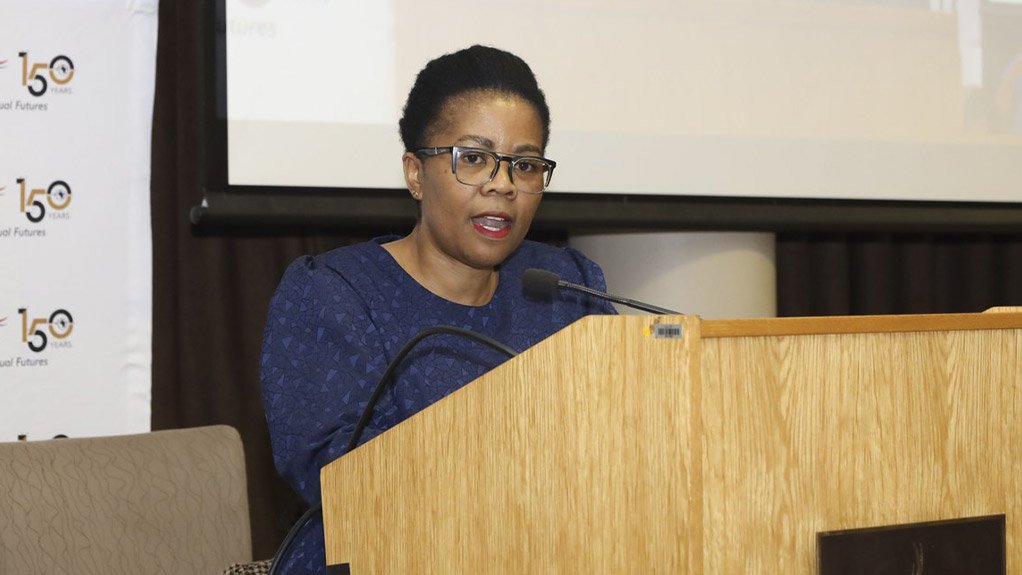University of South Africa (Unisa) Principal and Vice-Chancellor Puleng LenkaBula on Friday expressed embarrassment on behalf of the university for not calling out the events unfolding in Palestine sooner, as she called for South Africans and other Africans to extend their solidarity.
LenkaBula was speaking at the fifth Chief Albert Luthuli Research Chair Founders Lecture, where she said that it was unclear whether Unisa was scared or shy to speak out.
She said it was clear that unity of history, culture and ethnicity, and reclaiming instruments as Africans, were important when looking at the wars taking place, including the silence around the violence that Palestine and Palestinian people were subjected to.
LenkaBula said it was through solidarity and the unity of the internationalist grouping, including those that supported the African National Congress that Chief Albert Luthuli had led, that enabled South Africa to overcome its own conditions of apartheid.
She noted that Unisa could not be quiet when in Gaza universities had been decimated.
“We should not be shy because the geo-political powers and hegemony will silence us. We must speak truth to power even if our voices are shaking,” she stated.
She alleged that sometimes “quiet, terrible theology” is used to justify alliances with those in positions of power and dominance, even to undermine the integrity of the humanity of others.
She said this was witnessed with colleagues from the Gift of the Givers losing their lives, as they extended solidarity to Palestinians.
Ahmed Abbassi was heading up the organisation's relief efforts in Gaza when he and his brother were killed in an Israeli attack while returning from morning prayers.
“We must, as South Africans, as Africans, also extend our solidarity, it is imperative for us because we understand what it means for the world to tremble upon us and what it means to speak against and fight the domination,” she said.
HONOURING OUR ICONS
LenkaBula noted that as Unisa celebrates 150 years, it would not be oblivious to the challenges faced by African leaders, especially those committed to the emancipatory project of the country, continent and in the global arena, such as Luthuli had been.
“As we celebrate 150 years we are not apologetic about lifting up these icons, these Africans, that are sometimes muted, silenced and whose work is sometimes placed under tables not in libraries,” she said.
She highlighted that South Africans should be worried as the country gears up to hold national elections next year, warning that sometimes Africans "hollowed out" the emancipatory and liberation trajectories that the country’s forebears led, organised, and agitated and advocated for.
“And as we remember, recall and reinvigorate our sciences, looking to these icons, the ones who contributed to the histories that have resulted in the democracy that we have, [let us not] sometimes trivialise and forget the violence, dehumanisation and the oppression which were occasioned by colonialism and apartheid and that are still features of our lives,” said LenkaBula.
EMAIL THIS ARTICLE SAVE THIS ARTICLE ARTICLE ENQUIRY
To subscribe email subscriptions@creamermedia.co.za or click here
To advertise email advertising@creamermedia.co.za or click here











